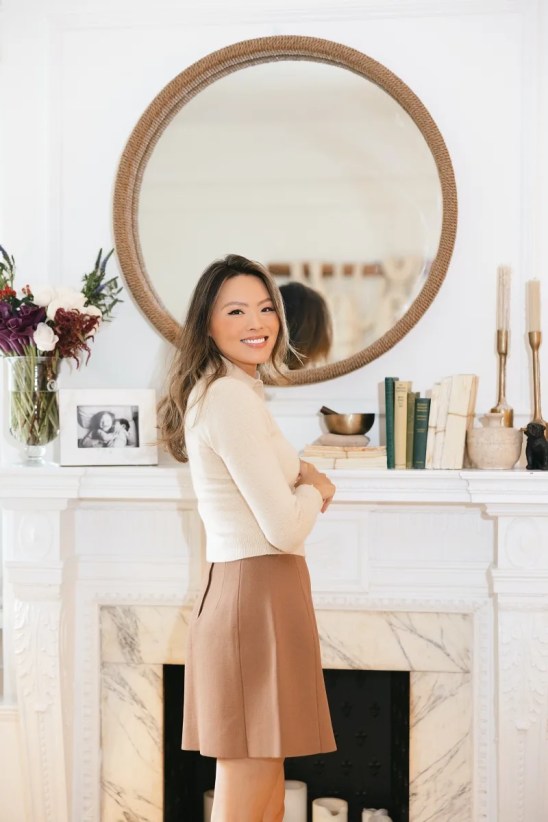Getting through a divorce may “take a village.” That is, different professionals may be needed while going through the process. As a mediator I help divorcing spouses (and others in conflict) reach their own agreements and stay out of court. I may suggest that clients meet with another professional, depending on their needs. One such professional is a certified divorce financial analyst.
Haven’t heard of certified divorce financial analysts? Less well known than accountants and tax attorneys, they offer services that can benefit almost anyone. Jamie Wolff, a vice president with UBS Financial Services’ Bell and Levitt Wealth Management Group, is a certified divorce financial analyst who offered the following tips when asked about the most important things divorcing couples should know:
The earlier the better
A certified divorce financial analyst can assist someone who is already divorced, but Wolff recommends meeting with one before the divorce begins. Then, or even during the divorce, money-saving plans can be developed that may be unavailable once the divorce is final.
“I have seen blunders” that could have been avoided if planning had started earlier, she says. These analysts can review proposed settlements to see if financial needs will be met, and develop alternative proposals.
Financial decisions now will affect your future
This point may be obvious, but I mention it because many of us find money confusing, stressful, and even overwhelming. Mediation clients tell me, “I want the divorce over with. I don’t care about the money. It doesn’t matter.”
But money does matter, and having the right professional work with you will make the process more manageable.
Understand what you have — and what you will need
Certified divorce financial analysts (like mediators) help clients with budgeting so that they can understand where they are financially.
“Understand your spending. Really,” Wolff emphasizes. “Understand future earning potential and consider what will you need to be happy and comfortable in the future.”
Learning about clients as individuals, certified divorce financial analysts can help create a plan for both the near and long-term future. Divorce is largely about “turning one lifestyle into two, and you need numbers for that.”
A dollar doesn’t equal a dollar when dividing assets
“A common mistake that occurs while filing for divorce is made when people think a dollar equals a dollar in distributing assets,” says Wolff. “Financial specialists in the field of divorce may be needed in order to assess the future value of particular assets (such as a pension or a business), which helps make the process of dividing assets equitably more likely. Splitting up assets by the dollar amount fails to consider the potential growth and tax ramifications of that asset. The more complex the sum of assets, the more difficult the process of dividing becomes.”
‘Equitable’ and ‘equal’ are not the same thing
Equitable means fair, whereas equal means the same amount. For example: Spouses have $10,000 in the bank. Each takes $5,000 (an equal amount).
Example (from a famous mediator, John Haynes): Husband and wife own a boat. Husband wants something in exchange for the boat. Wife says essentially that “You had an affair. You have your girlfriend. I want the boat.” Husband agrees. Both feel that wife getting the boat is fair, though it’s not a financially equal arrangement.
Decide what is most important to you in a settlement
In happier days a couple purchased a painting for $50. They have been arguing for weeks over who will keep it.
While property may have sentimental value — and how you feel about property can be a legitimate measure of its value — is that what such arguments are really about? Occasionally. But often we argue to argue, and the objects we fight over have little meaning in themselves.
Whether you mediate or litigate, a certified divorce financial analyst can be helpful in thinking through the financial issues.
Jamie Wolff can be reached at (212) 309–3086 or Jamie.wolff
New York City and Long Island-based divorce mediator and collaborative divorce lawyer Lee Chabin helps clients end their relationships respectfully and without going to court. Contact him at lee_chabi
Disclaimer: All material in this column is for informational purposes only and does not constitute legal advice.





















